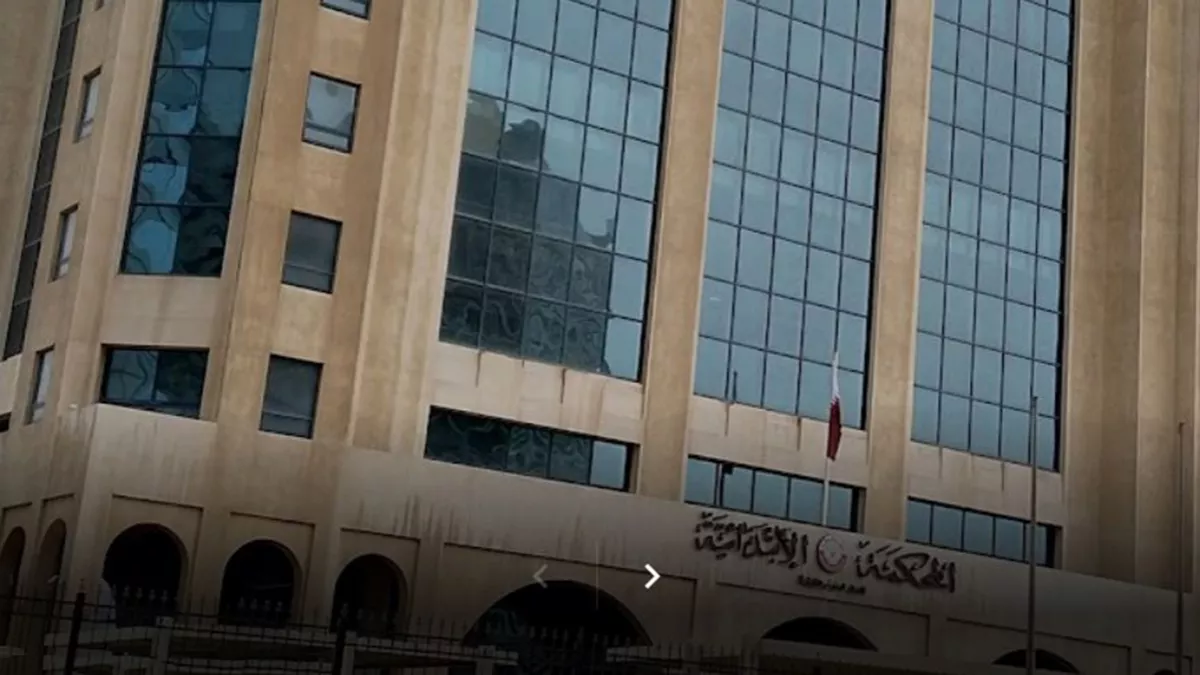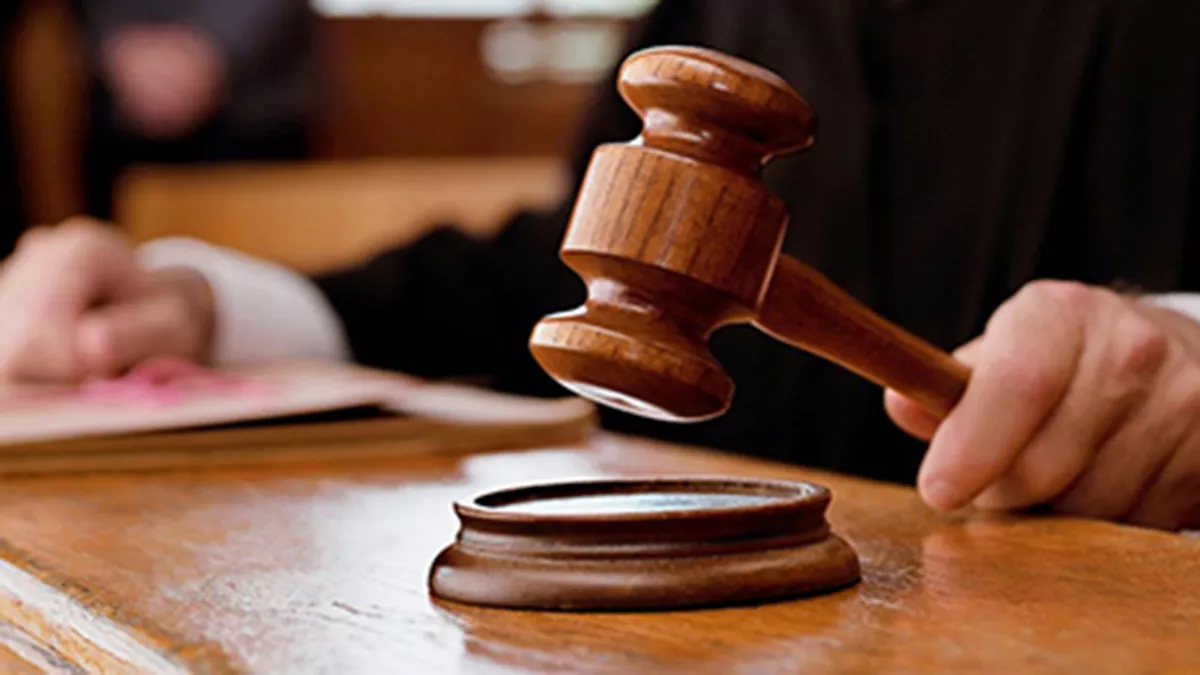The Judiciary Supreme Council was set up in 1999 to ensure the independence of the judiciary. It focuses on giving opinion on issues related to the judiciary, and studying and proposing the special legislation to develop the judicial system, the appointment, promotion, transference, secondment and retirement of judges in accordance with the law, and deciding on the grievances related to judges affairs, where the council's decision shall be final.
The Judicial Authority derives its existence and identity from the Permanent Constitution of the State of Qatar, which gives the judiciary the sole authority to achieve justice, independently of all other authorities. It has sole jurisdiction over legal matters, to achieve justice and guarantee the rights and liberties of society. The rule of law constitutes the basis of government in Qatar. Pursuant to Article 135 of the Constitution, the right to resort to the judiciary is guaranteed for all people. Every citizen and resident in Qatar has the right to resort to the courts. The judiciary has general jurisdiction over criminal, civil, commercial, family, inheritance, administrative and other disputes, except sovereign acts and nationality matters. Judicial authority is independent and vested in courts of different types and degrees (Article 130 of the Constitution). Judgments are issued in the name of His Highness the Emir of the State of Qatar. Judges are independent and they are only subject to law in the exercise of their judicial functions. No interference whatsoever shall be permitted with court proceedings and the course of justice (Article 131 of the Constitution). The Supreme Judiciary Council supervises the proper functioning of the courts of law and the achievement of independence of the judiciary (Article 137 of the Constitution).
Working Hours
Monday
07:00 AM - 02:00 PMTuesday
07:00 AM - 02:00 PMWednesday
07:00 AM - 02:00 PMThursday
07:00 AM - 02:00 PMFriday
ClosedSaturday
ClosedSunday
07:00 AM - 02:00 PM




